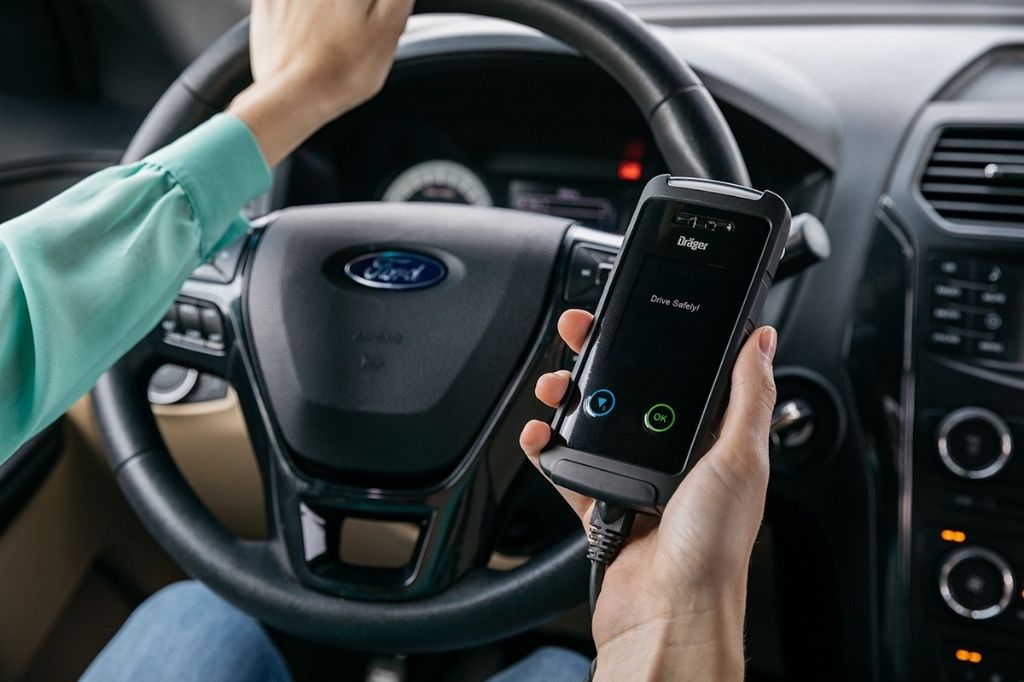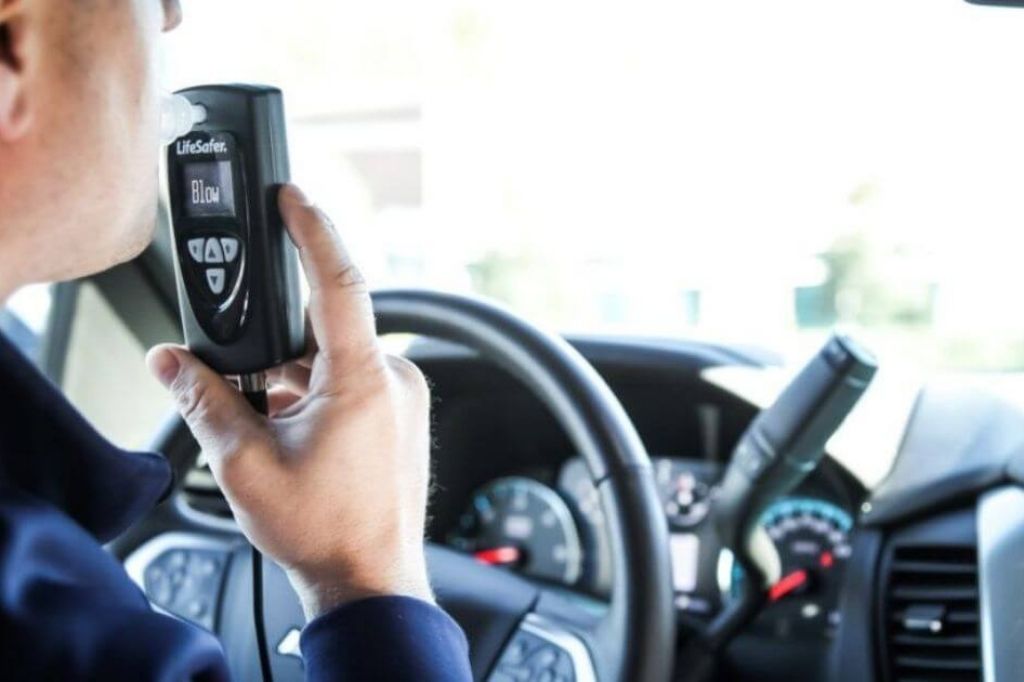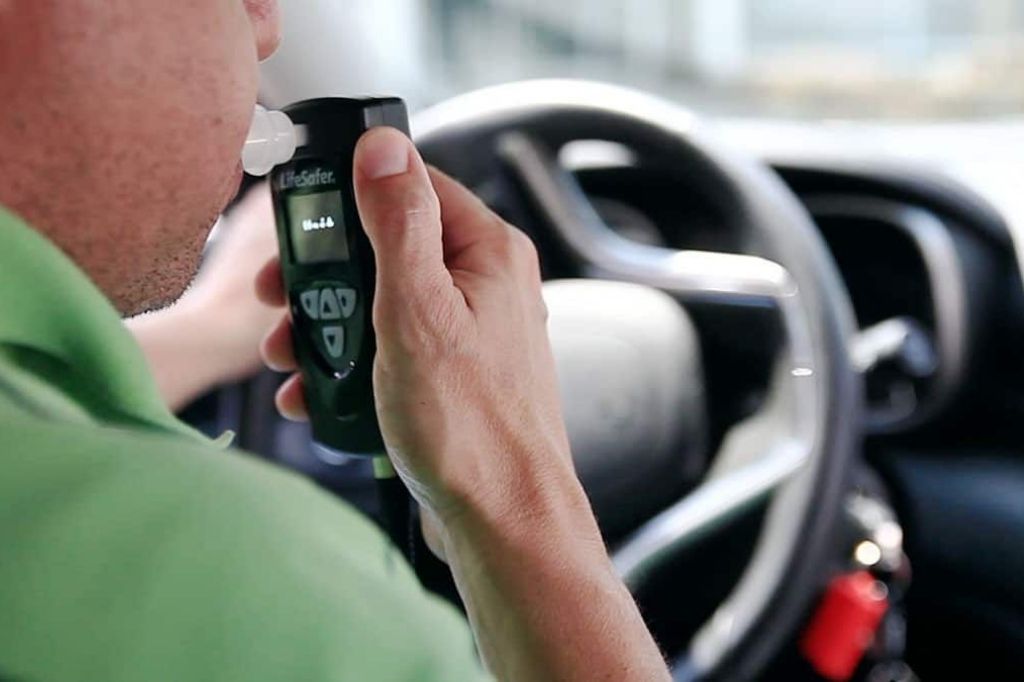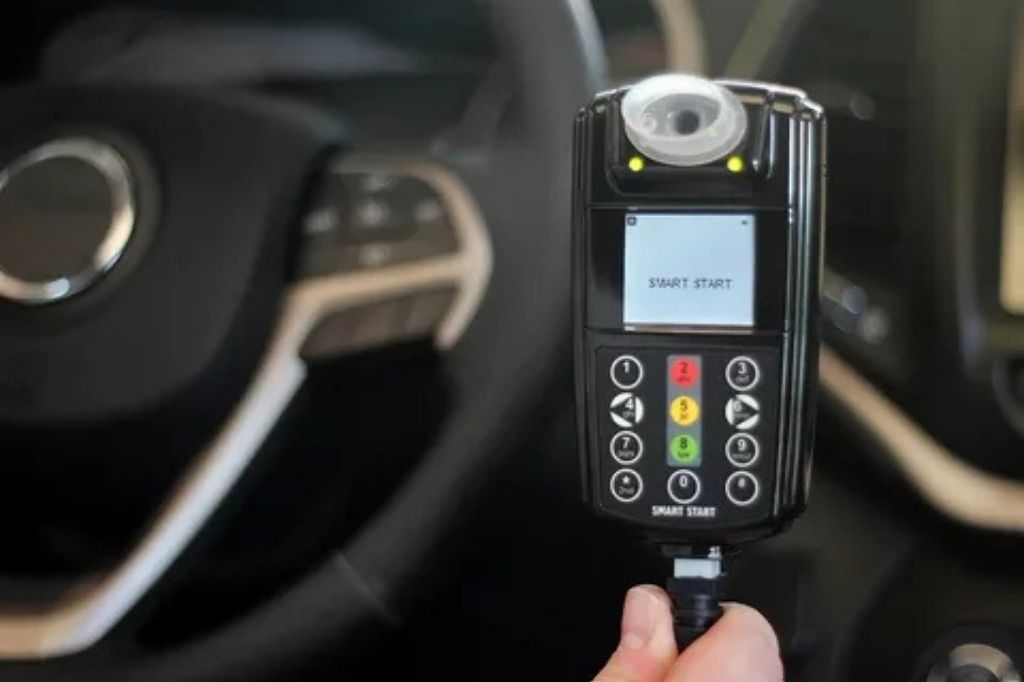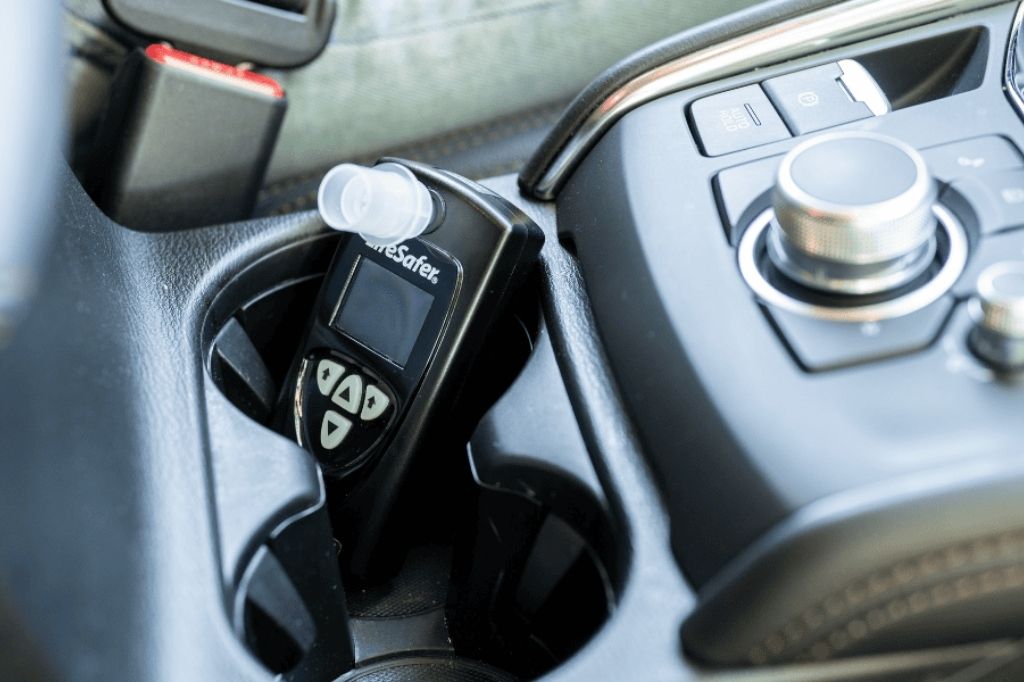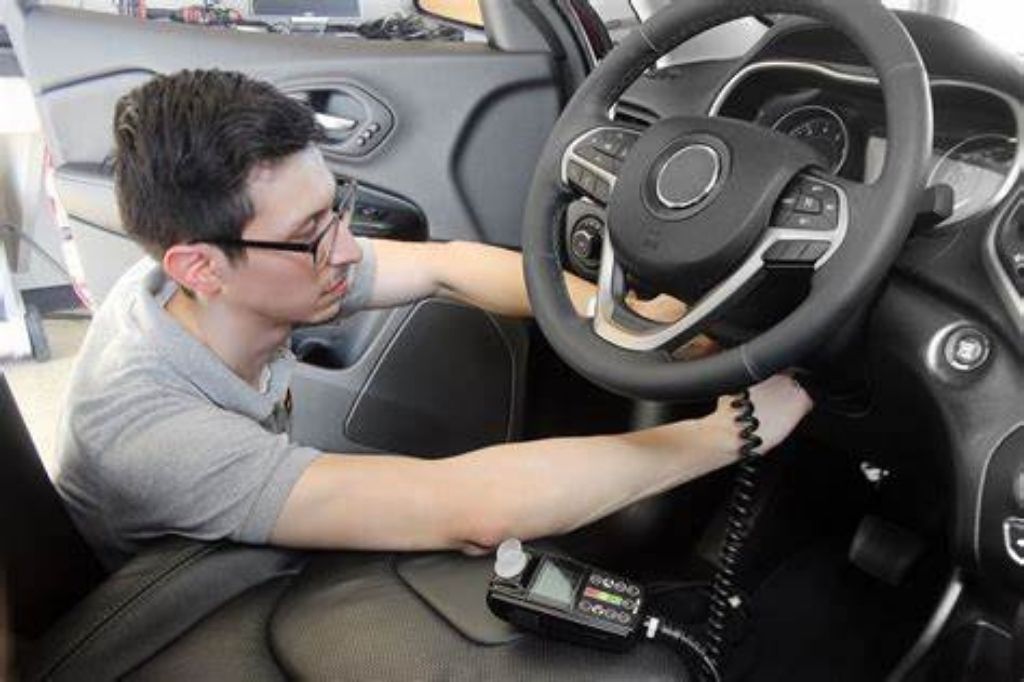If your ignition interlock device refuses to work when you get in your car and press the starter, this can be a very frustrating situation. “Well, Why won’t my ignition interlock device start?” in order to find an answer to his question, we first need to understand how these devices work and why sometimes they do not activate. In this article, we will explore the root causes of these problems, how to solve them, and the technology behind such devices.
The Working Principle of the Ignition Interlock Device
Ignition interlock devices are designed to measure the alcohol level of vehicle drivers and prevent them from operating the vehicle when they are over the legal limits. These devices take a breath sample to determine the driver’s alcohol level and, based on their results, decide whether to start the car or not. Basically, these devices play a critical role for both security and legal regulations.
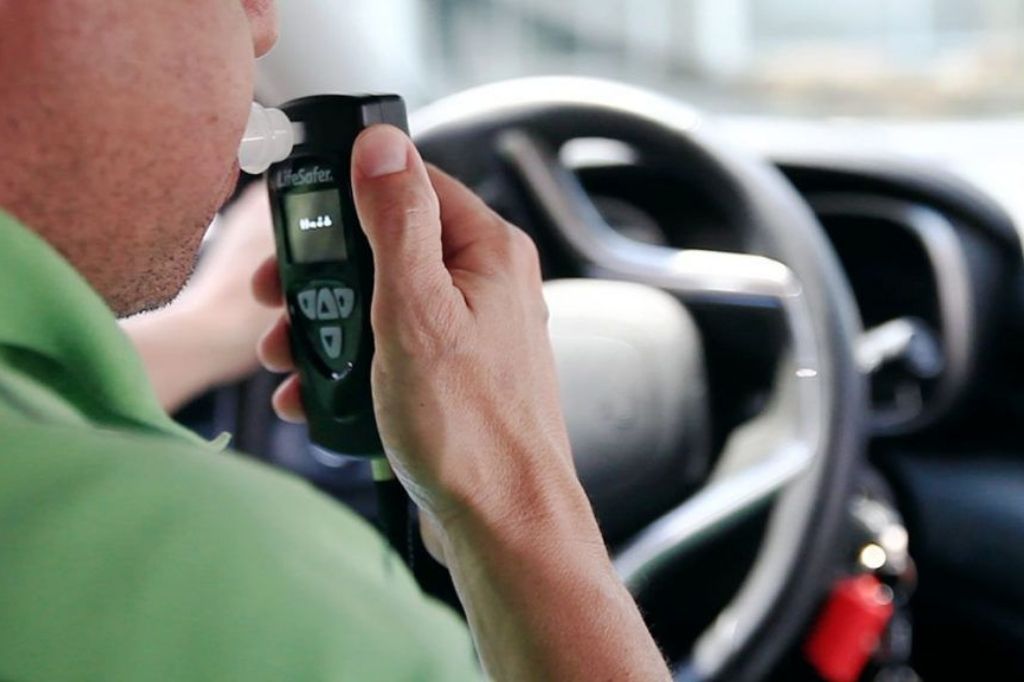
A consultant of mine told me that he thinks the device often gives the wrong result. However, we need to understand that these devices are sensitive and can be easily affected by environmental factors. For example, certain foods, mouth sprays, or even a drink in the fermentation process may cause the device to read an incorrect alcohol level.
The sensitivity of Ignition interlock devices requires both correct use and regular maintenance. If you are not sure about the results of the device, it is important to have it checked by a professional technician. In addition, regular calibration of these devices is a critical factor for getting accurate results.
Common Problems and Solutions
There may be many reasons why Ignition interlock devices refuse to work. One of the most common reasons is that the device does not take an accurate breath sample. Because many people do not provide a sufficiently strong or steady flow when exhaling, the device cannot give an accurate reading.
Another problem may be caused by the lack of calibration of the device. If your device is not calibrated regularly, the alcohol level measurements may not be accurate, which may cause the vehicle to stop working. In addition, improper use or damage to the device is also a common problem. For example, dropping the device or exposing it to water may affect its functionality.
Solving problems starts with carefully reviewing the device’s user manual. If your device is not working correctly, it is important to contact a technician immediately. Also, keeping your device dry and clean at all times is a simple but effective method to avoid problems.
Here’s Something That Complements This: Can Two People Use the Same Interlock?
The Role of Environmental Factors
Another common reason why Ignition interlock devices do not work correctly is environmental factors. Too cold or too hot weather can affect the performance of the device. Especially on cold winter days, the device may take longer to work or become completely dysfunctional.
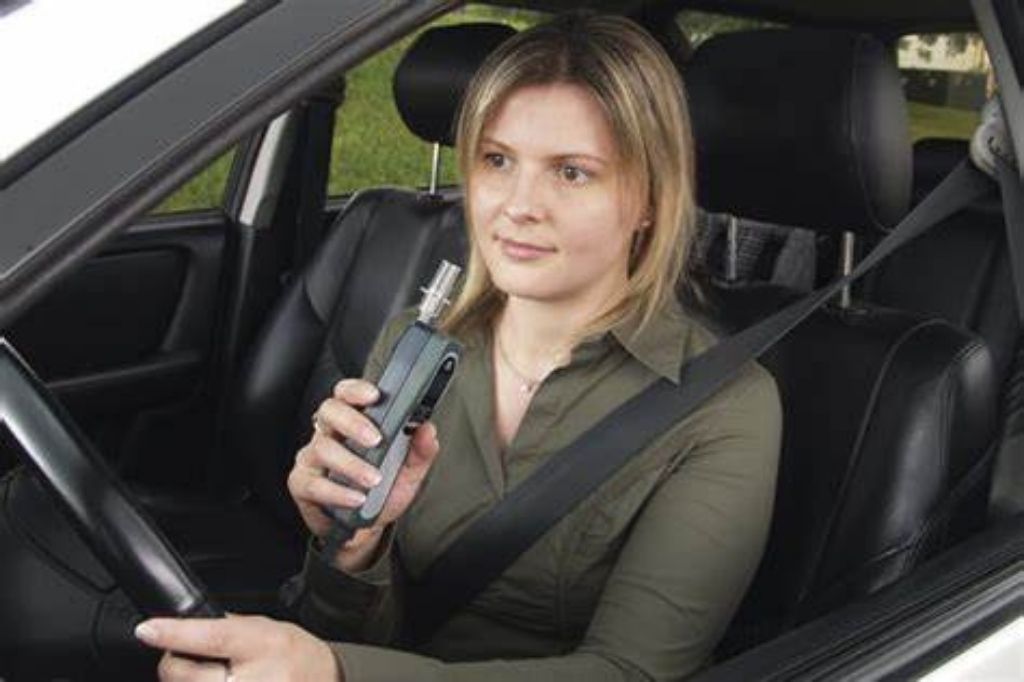
A consultant of mine said, “In cold weather, the device sometimes does not detect my breath at all.” In such cases, it usually works to wait for the device to heat up. In addition, cleaning condensation or icing on the device can also improve performance. In hot weather, it may be useful to keep it in the shade or ventilate the vehicle to prevent the device from overheating.
Environmental factors may suggest that the device is technically defective, but most often this is a result of environmental conditions. Therefore, it is important to take measures to minimize the impact of your device from environmental conditions.
Ignition Interlock Maintenance of Your Device
Regular maintenance of the device is critical for its proper operation. Lack of maintenance can negatively affect the performance of the device and lead to unexpected problems. Following the maintenance procedures specified in the user manual of the device is the best way to avoid such problems.
One of the most important things to pay attention to during maintenance is that the device is calibrated regularly. Calibration ensures that the device gives accurate results. Also, keeping the device clean and protecting it from physical damage ensures its long service life.
Maintenance of your ignition interlock device not only improves the performance of the device, but also ensures the safety of you and other road users. If you are experiencing problems with your device, it is recommended to consult a specialist immediately.
A Quick Personal Take…
Why won’t my ignition interlock device start The question has many different answers, which can be related to both technical and usage errors. In this article, we’ve covered how ignition interlock devices work, the common problems you may encounter, and how you can solve these problems.
If your device is not working, first of all try to understand the source of the problem. Usage errors, lack of calibration, or environmental factors may affect the functionality of such devices. However, most of these problems can be solved with the right care and attention.
Remember, ignition interlock devices are designed for the safety of both you and the community. It is your responsibility to ensure that these devices work correctly. If problems persist, do not neglect to seek professional help.

